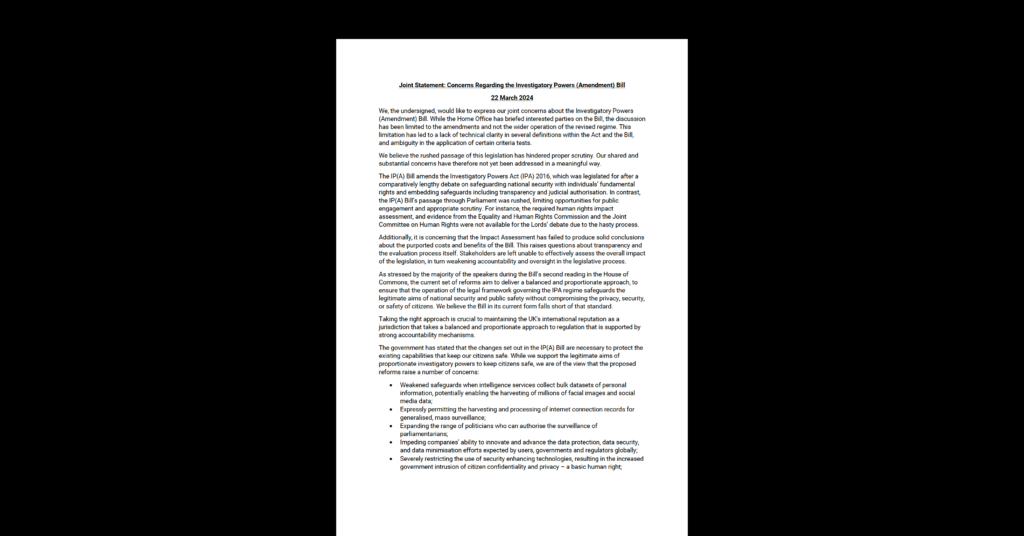European Policy, Open Internet
Copyright in the DSM: Good and Bad News from Member State Talks on Articles 11 and 13
Before the summer, we were unimpressed with the latest developments in the European Parliament on copyright reform. In particular, we had issues with the Opinions adopted in the Committees on Industry, Research and Energy (ITRE) and Culture and Education (CULT). Amendments adopted by both committees would make what we already consider a bad proposal worse. Member States are now making progress in their review of the proposal, but so far the results are a mixed bag.
Estonia, who currently holds the Council Presidency, has come up with a Presidency Compromise proposal regarding Articles 1, 2 and 10 to 16 of the proposal for a Directive on copyright in the Digital Single Market. When it comes to the most controversial provisions – Article 11 (ancillary copyright for press publishers) and Article 13 (upload filter obligation for online platforms) – the Presidency has yet to agree on a common approach. Instead, for both provisions it presents two options.
Article 11 – Press Publishers’ Right: Two Contrasting Solutions
On Article 11, ‘Option A’ essentially mirrors the text proposed by the Commission on a new ancillary copyright for press publishers. We oppose this idea because it will severely impact free expression and the availability of information without helping publishers replace lost advertising revenues for traditional press publishers. Instead, we strongly support ‘Option B’, which proposes to improve the ability of press publishers to act against infringing uses of their publications by providing them with a presumption of representation in court. The latter option would provide an effective enforcement solution to an enforcement problem. Despite this rather positive alternative that Member States are considering, these contrasting options demonstrate how divided Member States remain on this controversial issue.
Article 13 – Upload Filter Obligation: Two Sides of the Same Coin
The alternative options put forward on Article 13 are equally unappealing. As proposed by the Commission, Article 13 would force internet intermediaries to use content identification technology to prevent users from uploading unlicensed copyrighted content. ‘Option A’ keeps the requirement to use upload filters, but does away with the reference to “content recognition technologies”. This does not change much, since how in practice does an online platform go about “prevent[ing] an availability” of copyright infringement without filtering all content that is uploaded by users? ‘Option B’ is even more problematic. This alternative attempts to clarify what constitutes “an act of communication” to the public, clearly establishing that in case of copyright infringement, liability lies with the online hosting platforms that “optimise” uploaded content, as well as their users. All in all, the current Presidency is endorsing the Commission’s plan on imposing censorship filters. This clearly undermines the intermediary liability provisions enshrined in the E-commerce Directive, which remain essential in maintaining a free and open internet.
Six Member States Question Legality of Article 13
Another leaked document that emerged after the summer is a ‘non-paper’ on behalf of six Member States (Belgium, the Czech Republic, Finland, Hungary, Ireland and the Netherlands). The document raises a series of important questions addressed to the Council Legal Service on the legality of the Commission’s proposed Article 13 and accompanying recitals. The Member States ask about the compatibility with fundamental rights in the EU Charter and the E-Commerce Directive. Leading academics asked these questions months ago, and it is heartening to see Member States seeking clarity on them. But is is unfortunate that the Estonian Presidency issued its compromise proposals despite the fundamental concerns of several Member States.
This latest round of developments at Council level demonstrates that there is still a lot of work to do for Member States to reach a compromise agreement, and to do so in the right direction. Yet it is crucial for the questions of legality to be answered thoroughly and based solely on legal considerations before taking any final position on Article 13. Doing otherwise would send the wrong message to European citizens on the importance of their fundamental rights.


